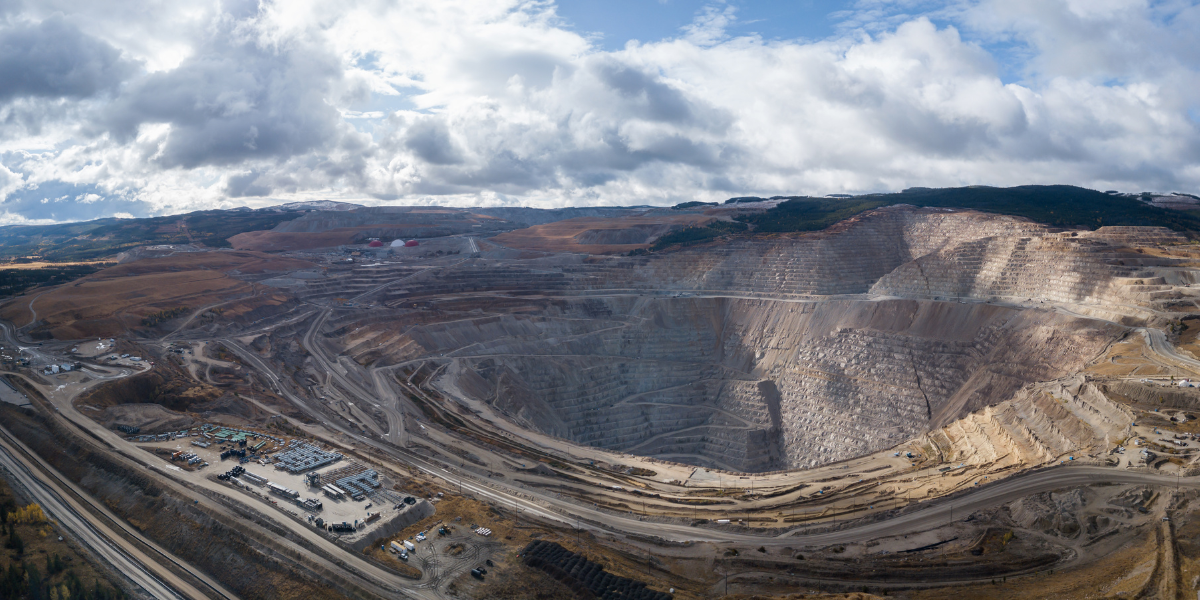
Manufacturing is the backbone of many economies, but working in a factory can expose employees to a multitude of dangers. From towering machines and scorching temperatures to toxic chemicals and repetitive motions, hazardous environments pose a constant threat to worker health and well-being.
This blog highlights the importance of insurance for workers navigating these risks. You will explore the various types of hazards commonly encountered in manufacturing, the different insurance policies available to protect employees, and the multifaceted benefits of comprehensive coverage.
Types of Hazards Faced by Factory Workers
Physical Hazards

The use of machinery, which is integral to manufacturing processes, can lead to severe injuries if not properly handled or maintained. Accidents involving cutting, crushing, or entanglement with machinery are common and can result in debilitating injuries or even fatalities.
Noise is another prevalent physical hazard in factories, with prolonged exposure to high decibel levels leading to hearing loss and other auditory issues.
Additionally, workers may be subjected to excessive heat, particularly in industries involving smelting or forging, which can cause heat stress, heat stroke, or other heat-related illnesses.
Radiation, though less common, is a critical concern in certain manufacturing sectors such as electronics and medical equipment production, where exposure to ionising radiation can have serious health consequences.
Chemical Hazards

Chemical hazards are universal in manufacturing environments, with workers often handling or being exposed to various toxic substances. These can include solvents, cleaning agents, and raw materials used in production processes. Prolonged exposure to such chemicals can lead to respiratory problems, skin irritations, and more severe health issues such as cancer or organ damage.
Fumes and vapours, which are by-products of many industrial processes, can also pose significant respiratory risks if inhaled over extended periods. Proper ventilation, protective gear, and stringent handling protocols are essential to mitigate these risks and ensure worker safety.
Biological Hazards

In certain manufacturing settings, workers may be exposed to biological hazards, including bacteria, viruses, and other pathogens. This is particularly relevant in industries such as food processing, biotechnology, and pharmaceuticals, where the presence of biological agents is inherent to the production process. Exposure to these hazards can lead to infections, allergic reactions, and other health complications.
Ergonomic Hazards

Ergonomic hazards, though often overlooked, can have a profound impact on the long-term health and productivity of factory workers. Repetitive strain injuries are common in manufacturing roles that involve repetitive motions or tasks, such as assembly line work or packaging.
The Role of Insurance for Workers in Hazardous Environments
While safety protocols are paramount, accidents and illnesses are an unfortunate reality in hazardous work environments. Fortunately, various insurance policies can provide a crucial safety net for factory workers:
Workers' Compensation Insurance
This mandatory insurance acts as a lifeline for employees injured or falling ill due to their jobs. It covers medical expenses, lost wages during recovery, and even rehabilitation costs.
Click to read: What every employer needs to know about workers compensation insurance
General Liability Insurance
This protects the employer if a worker is injured due to employer negligence. General liability insurance can cover legal fees and others. While it doesn't directly benefit the worker financially, it ensures the company has the resources to address such situations.
Disability Insurance
If a work-related injury or illness prevents an employee from returning to their job permanently, disability insurance provides financial support. This helps maintain some financial stability during a challenging time.
Health Insurance
Comprehensive health insurance for factory workers is vital for any worker, but especially crucial in hazardous environments. It helps cover medical costs associated with work-related injuries and illnesses, as well as routine and preventative care that can help maintain overall health.
Importance of Comprehensive Coverage:
While each policy offers valuable protection, a combination of these insurance options creates a more secure safety net. Workers benefit from a wider range of financial support in case of an incident, and employers gain peace of mind knowing their employees are looked after.
Ultimately, comprehensive insurance coverage fosters a work environment where both parties can focus on safety, productivity, and overall well-being.
Click here to get a free quote for your workers in the manufacturing sector
Benefits of Adequate Insurance Coverage
Putting the right insurance policies in place offers a multitude of benefits for both workers and employers in hazardous manufacturing environments:

Financial Protection for Workers and Their Families
Adequate insurance safeguards a worker's financial security in the face of an accident or illness. Medical bills, lost wages, and disability can be devastating burdens. Insurance coverage helps alleviate these financial worries, allowing workers and their families to focus on recovery and well-being.
Reduced Financial Liability for Employers
While safety is paramount, unforeseen incidents can happen. Comprehensive insurance protects employers from significant financial burdens associated with work-related injuries and illnesses. Workers compensation and general liability insurance can cover medical costs, lawsuits, and lost wages, preventing a single incident from derailing the company's financial health.
Enhanced Job Satisfaction and Morale
Knowing they are financially protected fosters a sense of security and trust among workers. This translates into higher job satisfaction, improved morale, and a more positive work environment. Employees who feel valued and cared for are more likely to be engaged and productive.
Contribution to a Safer and More Productive Workplace
Robust insurance creates a shared interest in safety. Employers are incentivised to invest in safety protocols and training to minimise accidents and claims. Workers, knowing they are covered, are more likely to report hazards and prioritise safe work practices. Ultimately, comprehensive insurance coverage fosters a culture of safety that benefits everyone, leading to a more productive and efficient workplace.

Don't Leave Your Workforce Exposed - Connect Business Insurance Has You Covered
Manufacturing jobs are vital, but the risks shouldn't be. At Connect Business Insurance, we understand the unique challenges faced by factory workers in hazardous environments. That's why we offer comprehensive insurance solutions tailored to the manufacturing industry.
Contact Connect Business Insurance today for a free consultation! We'll work with you to design a customised insurance plan that protects your employees and your business. Let's create a safer, more secure, and productive work environment for everyone.
Or
Click here to get a free quote for insuring your workers in the manufacturing setup
Read More
What is labour hire insurance?
Note: The material offered here is for informational purposes only. It does not constitute legally binding advice and should not be a substitute for a consultation with an insurance expert.






.svg)


.png)

